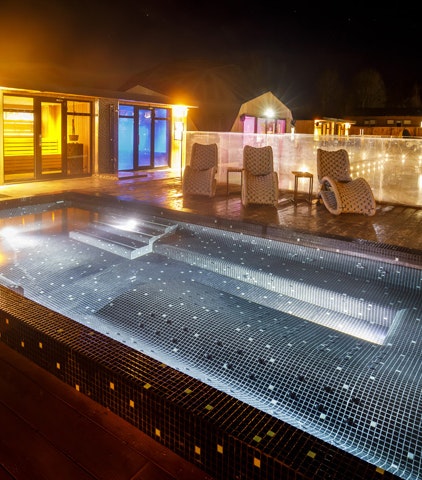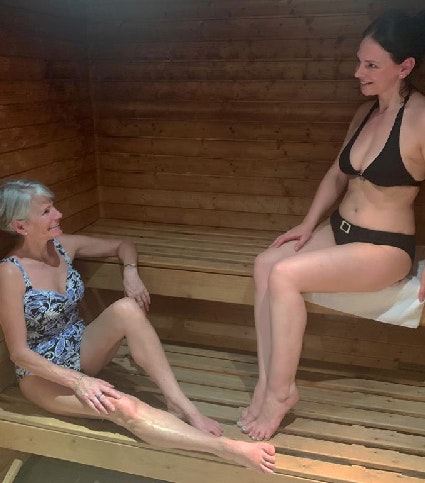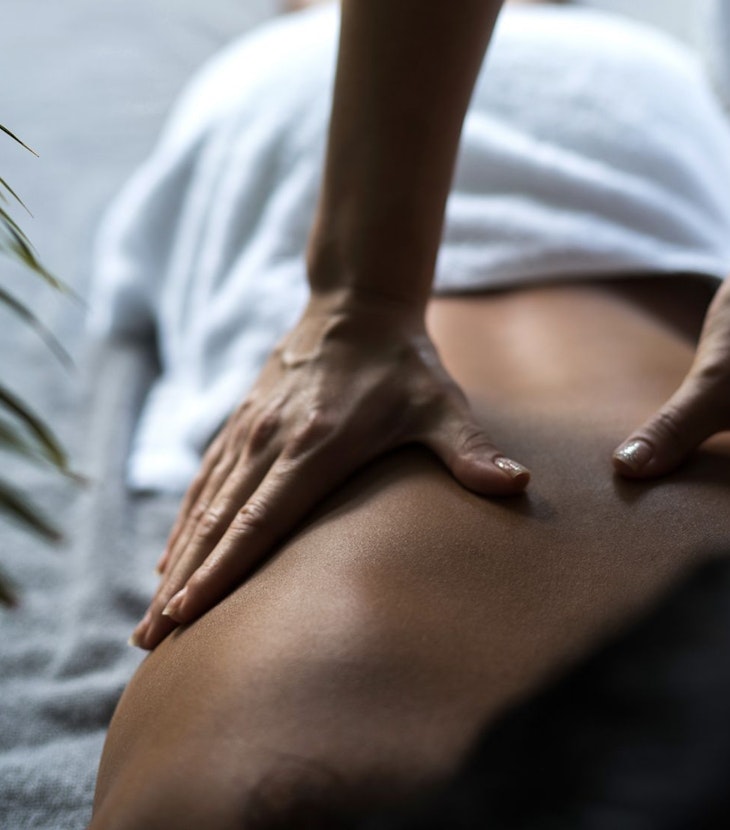
Skincare Myths 2024
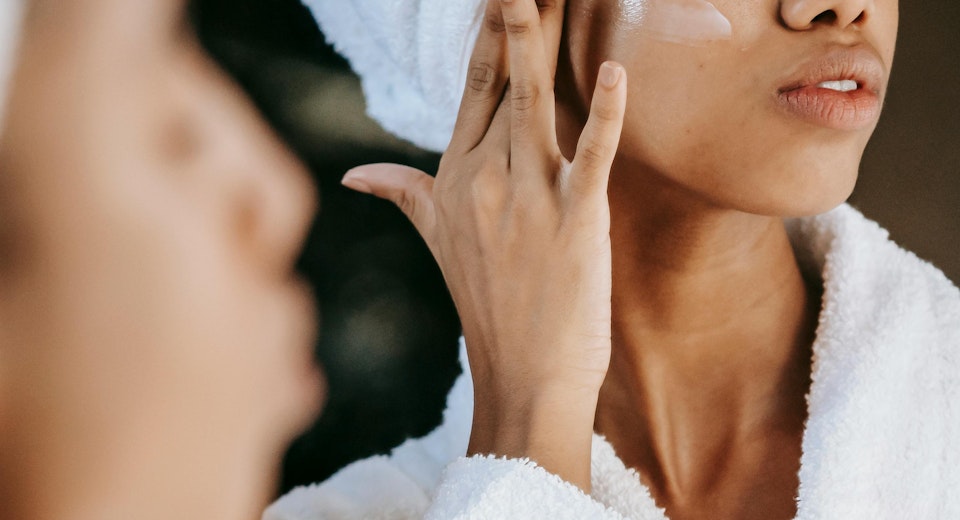
In the pursuit of perfect skin, lots of us will have found ourselves flipping through magazines, searching online or endlessly scrolling on TikTok for weird and wonderful skincare tips and tricks. From DIY face masks made with pantry staples, to at-home removals of various lumps and bumps,it can be hard to differentiate between a genius skincare hack and an ill-advised myth. In the era of information overload though, it’s important to separate the skincare facts from the fiction; so to find out how many people have tried some of the most popular skincare myths, we’ve surveyed beauty lovers far and wide.
From toothpaste skin treatments to using shampoo as a facial wash, our study has revealed the most commonly tried ill-advised skincare hacks. We’ve also worked with our skincare experts to shed light on some of the most common skincare myths, and the potential harm they can inflict on your skin. Which of these skin care myths have you tried before?
Toothpaste Spot Treatment Is Most Frequently Followed Skincare Myth
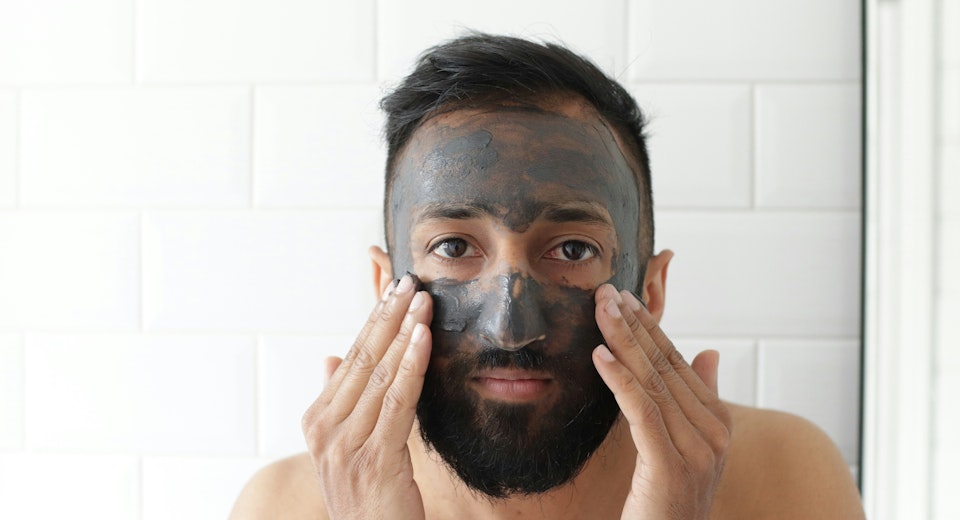
According to our research, using toothpaste to dry out spots is the skincare myth that’s followed the most, with more than 1 in 5 (21%) people admitting to trying it at some point in their life. Despite toothpaste’s primary function being to remove plaque and bacteria from our enamel, the DIY treatment has long been hailed as a handy hack that many swear by to quickly dry out pimples. However, our skincare expert and therapist Maddie Cridge warns against trying the hack: “Toothpaste may seem like a quick and easy hack for drying out unwanted blemishes, however people should approach with caution. Toothpaste contains ingredients that can cause skin redness, itching and inflammation - meaning your speedy skincare fix could end up causing more harm than good.”
The second most followed skincare myth, as revealed by our study, is only wearing SPF while sunbathing, which 18% of people admit to doing - a huge skincare no-no for anyone looking for youthful, clear and glowing skin. A (broad-spectrum) SPF will protect your skin from both UVA and UVB rays which come from the sun, thereby decreasing the risk of sunburn, premature ageing and skin cancer. Not only this, but using a SPF daily - even when it’s not sunny outside - can offer your skin many other benefits too. Lots of SPFs contain antioxidants which can help defend against environmental aggressors that we’re all exposed to, and using an SPF will also help protect your skin if you use acids (AHAs, BHAs and retinols) as part of your skincare routine. Maddie explains: “Acids such as AHAs and BHAs work by removing all dead cells from the surface of your skin - revealing a fresh layer of skin beneath which is super vulnerable to the effects of the sun. It’s therefore vital to wear your SPF to protect against the sun rays, and from things such as hyperpigmentation.”
Rounding off the top three most common skincare myths was using charcoal peel off skin care masks. Charcoal face masks have soared in popularity over the past decade, with the activated charcoal masks being used to draw out impurities from the skin and clearing away blackheads, dead skin and more from clogged pores. However, charcoal peel-off masks often contain adhesive agents which can cause irritation, especially for people with sensitive skin, or certain skin conditions. The aggressive nature of the charcoal can also strip the skin of its natural oils, leading to dryness and inflammation. In serious cases, charcoal masks can also cause skin peeling, which in turn can lead to serious permanent skin damage such as scarring or infection. Maddie explains: “Though charcoal masks are praised for their ability to draw out impurities from the skin, they should be approached with caution. Some charcoal beauty products are not regulated by the FDA and can cause irritation as a result, with the peeling-off process also causing trauma to the skin for some, exacerbating conditions such as acne and rosacea. If you are considering using a charcoal mask, wash with a gentle cleanser after peeling to remove any excess, and generously apply a soothing moisturiser to protect the skin as much as possible.”
Other skincare fails beauty lovers admitted to making were involving the use (or not) of moisturiser. More than 1 in 10 people (11%) admitted to using coconut oil as a moisturiser at some point during their lives, and though it may seem savvy to use a household staple to give your skin the moisturising boost it’s craving, coconut oil could be causing more issues than it solves for some. This is because coconut oil has a particularly high comedogenic rating - a rating on a scale of one to five which reveals how pore-clogging a product is. Coconut oil could therefore cause skin problems such as increased blemishes and irritation for those with particularly sensitive or oily skin types.
In total contrast to this, just under 10% of people (9%) revealed that they have abstained from using moisturiser at all, due to having oily skin. Maddie explains why this is a mistake: “It's a common misconception that you shouldn’t use moisturiser if you have oily skin - however skin that has a high oil production needs a moisturiser in order to regulate production. Not using a moisturiser can often produce the opposite effect in those with naturally oily skin, causing the skin to produce more oil to hydrate itself. Instead, in order to hydrate your skin without causing further oiliness or blemishes, avoid oil-based moisturisers and heavy creams and lotions, and instead opt for moisturisers with a water-based gel formula.”
With so many products out in the shops, each promising to give you clearer, brighter and younger-looking skin, it can feel overwhelming to know where to start when it comes to purchasing the right treatment for your skin. With the cost of buying a whole new skincare routine not buying cheap either, it can be tempting to take matters into your own hands, turn to the kitchen cupboards and go back to basics. Our study revealed that this was the case for many beauty lovers, with a huge number of the most commonly tried skin care myths being DIY treatments - from DIY scrubs using sugar, salt or coffee granules, to more worryingly, removing a skin tag at home using DIY methods.
Having gone viral as a TikTok trend back in 2022, 4% admitted to using haemorrhoid cream to reduce the appearance of under-eye bags. Haemorrhoid cream reduces swelling by temporarily restricting blood vessels, and these creams also typically contain steroids which are anti-inflammatory - which technically could work in reducing puffiness and dark circles around the eyes. However you should not be using steroids near your eyes over long periods of time. Maddie explains: “This TikTok inspired trend worked for many - but lots of people took to the app to show how this trend went wrong too with some experiencing skin burns and even cornea damage. Haemorrhoid cream is not formulated to be used around your eyes, or indeed anywhere on your face - and using over a long period could lead to irreversible effects including skin thinning and lightening, cataracts, and glaucoma.”
Outside of the top 15, most common skincare myths included dangerous tanning hacks commonly shared on TikTok including using sun cream to ‘contour your face’ (3%) or dousing the skin in beer in order to get a better tan (2%). Other ill-advised hacks people admitted to trying included using dental floss to remove blackheads (3%), using deodorant as a makeup primer (2%) and concerningly, using household glue to get rid of spots or blackheads (2%).
| Rank | Skincare myth | Percentage of people who've tried the myth |
| 1 | Used toothpaste to dry out spots | 21% |
| 2 | Only worn SPF while sunbathing | 18% |
| 3 | Used charcoal peel off skin masks | 13% |
| 4 | Used coconut oil as a moisturiser | 11% |
| 5 | Not used moisturiser at all due to oily skin | 9% |
| 6 | Removed a skin tag at home via DIY methods | 9% |
| 7 | Exfoliated with sugar or salt | 7% |
| 8 | Set skincare or makeup with hairspray | 6% |
| 9 | Pinched face to try and reshape it | 5% |
| 10 | Used lemon or lime juice to eliminate dead skin cells | 5% |
| 11 | ‘Slugged’ face with petroleum jelly | 5% |
| 12 | Applied raw eggs to the skin in order to tighten the face | 4% |
| 13 | Used a DIY baking soda face scrub | 4% |
| 14 | Used anti-dandruff shampoo as a facial wash | 4% |
| 15 | Used haemorrhoid cream to reduce the appearance of under-eye bags | 4% |
| 15 | Used a DIY coffee face scrub | 4% |
Skincare Confidence Is High in 2024, Our Study Reveals
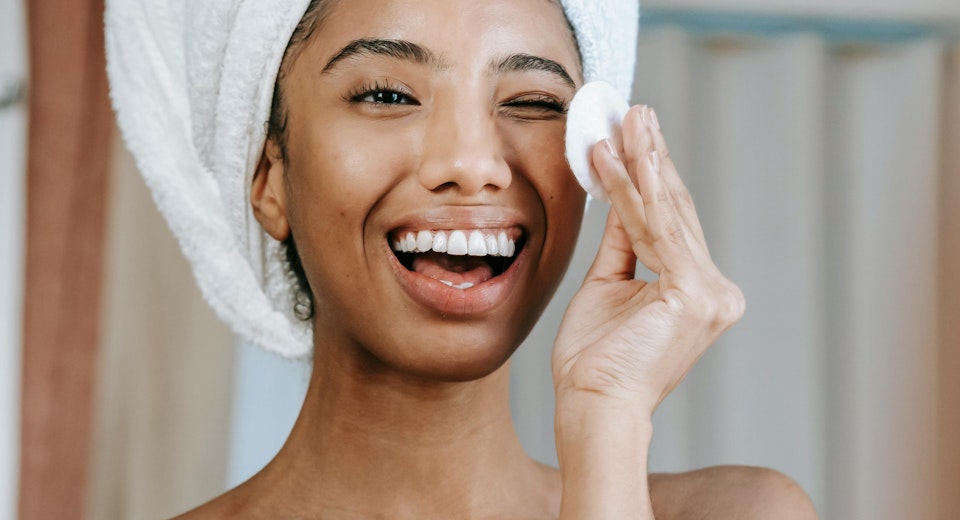
As well as asking participants which ill-advised skincare hacks they have tried, we also wanted to get a sense of how confident people feel about their skincare knowledge in 2024. Thanks to the rise of platforms such as TikTok, there are more people than ever taking to social media to share their top tips and hacks on how to get the perfect skin - making it hard to know who to trust and what advice to follow. With everyone having their unique skin type, skincare routines can vary wildly in success depending on who is trying them out, meaning it can be confusing to know what to try in order to achieve the skin of your dreams.
Despite this, our research revealed that skincare confidence is relatively high amongst beauty lovers, with 20% of people saying that they feel ‘very confident’ about all things skincare. Almost half - 45% - stated that they feel ‘somewhat confident’ in regards to knowing what to prioritise and what to ditch from their skincare routines. One in six (15%) reported feeling not very confident, and 3% said they didn’t feel confident at all when navigating the overwhelming world of skin and beauty routines.
If you’re feeling confused or overwhelmed by the world of skincare, Maddie has the following advice: “With so much information out there, it’s important to stay vigilant and approach any skincare hacks - particularly those which use products not designed to be used on the skin - with caution. If you’re unsure on where to start when it comes to getting great skin, you could book a facial or a dermatologist appointment, so that a professional can advise on the types of ingredients and products you should be using to treat your skin as safely and successfully as possible.”
If you want to leave your skincare to a professional, why not book a spa day and nourishing facial at one of our beautiful spas.
Methodology
We partnered with OnePoll to survey 2,000 UK respondents aged 18 and over. Each respondent was asked a series of questions, covering how many skincare myths they had tried before, and how confident they felt about their skincare knowledge. All data correct as of March 2024.

